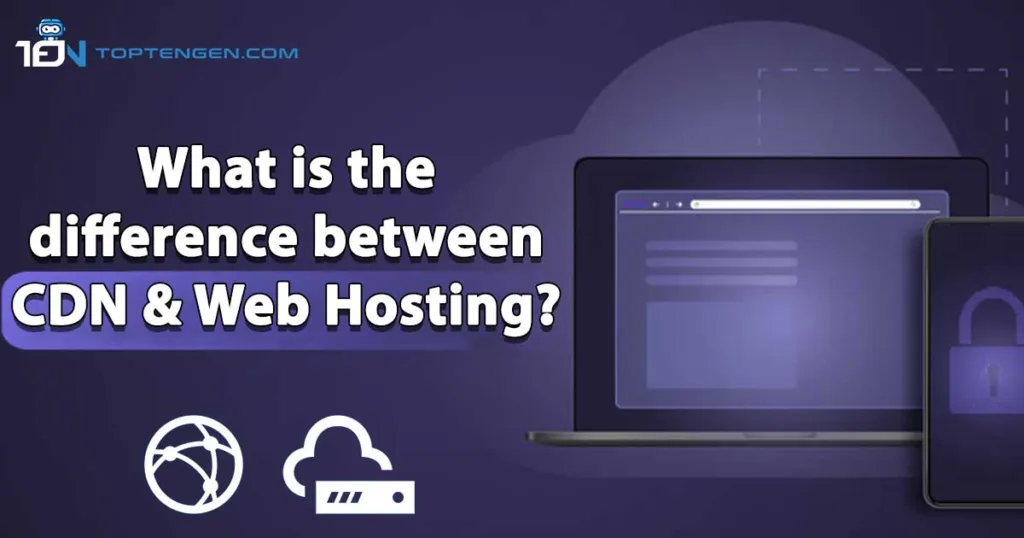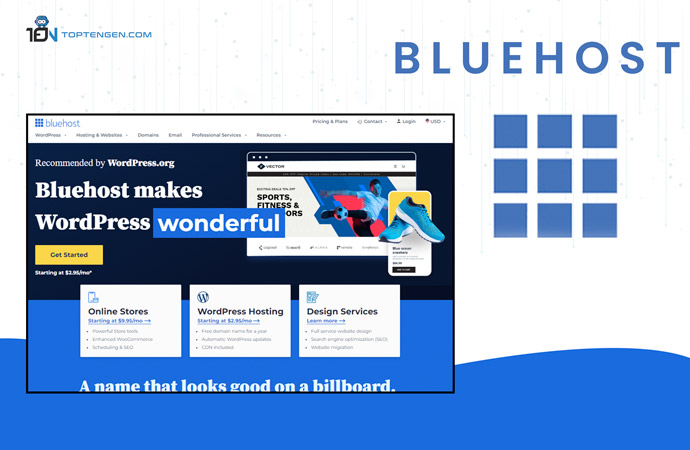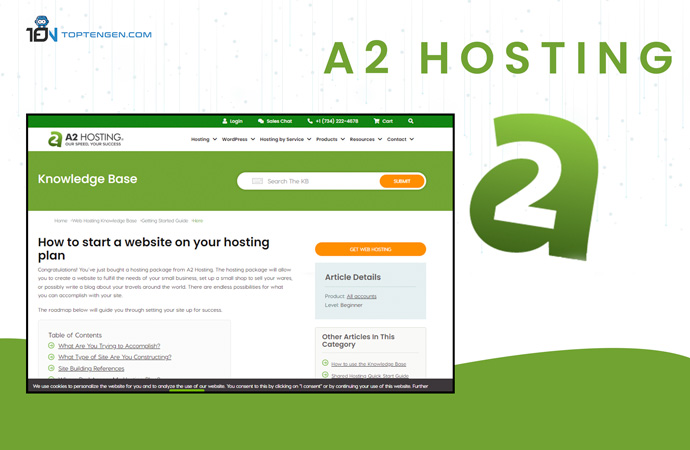In this article we will answer a very important question: What is the difference between CDN and web hosting?
CDN or Content Delivery Network and web hosting are different entities, both serving distinct purposes. However, these two tools work hand in hand to improve the performance of the website. A web hosting server is a core delivery tool of a website, whereas a CDN helps in countless other ways. In this modern age of computers, speed is the ruling party, that foresees and judges the performance of websites.
Most websites aspire to attain higher speeds to boost user experience and increase traffic. However, numerous website hosting plans allow users to mostly base their website in one physical location. Therefore, due to latency caused by distance, the time it takes for a web page to load might slow down. This is where CDN comes along. Keep reading the article to find out what a CDN actually is and what is the difference between CDN and web hosting?
What is CDN hosting?
CDN is a distributed network that consists of a collection of interconnected servers, scattered across vast geographical areas. The purpose of these servers is to bring applications or data that they are hosting closer to delivery points. This helps reduce latency, resulting in fast delivery speeds.
Apart from increasing speeds, CDN also enhances reliability by having applications and data mirrored on multiple servers. This means that in case one server stops working, the one at the next closest location will take over immediately until the issue is fixed. CDN has two general categories:
- Private CDNs
- Public CDNs
Private CDNs
Private CDNs are mostly used by businesses, streamers and creators, as they have strict security needs and large amounts of content. A Private CDN uses dedicated servers that aren’t shared with any other institution or organization, allowing them to be placed in partnered data centers, privately owned data centers, and even in the cloud. However, running a private CDN is expensive and requires upfront costs.
Public CDN
A Public CDN is more on the cheap side, managed by a CDN operator, and applies a pay-as-you-use model. This means that it charges a fee per GB, the more content pass through the CDN, the more money you will have to pay. Sounds like a neat deal right? However, if there is an increase in the volume or demand of content, the fees will escalate pretty quickly.
What is the Difference Between CDN and Web Hosting?

The points given below highlight the difference between CDN and web hosting:
- The first difference between CDN and web hosting is that web hosting provides a server where you can host your website, making it easily accessible to users on the internet. Whereas a content delivery network helps speed up the delivery and accessibility of your website to the users.
- Another main difference between CDN and web hosting is that web hosting delivers 100% of your content to the user. However depending on the geographic location of the host and visitor, the delivery might take some time. CDN takes a majority of your dynamic and static data and delivers it from across the globe in comparatively less time. This decreases the download time, boosting the website’s performance.
- A major difference between CDN and web hosting is that web hosting normally comprises of just one server. Whereas a content delivery network comprises of a geographically distributed network of servers that helps distribute your content from a multi-host environment.
Benefits of Using a CDN
Now that you know the difference between CDN and web hosting, let’s take a look at the benefits CDN has to offer. Content Delivery Network offers four core benefits, let’s have a quick look at them one by one:
Improves Website Load Times
A CDN uses its servers to distribute content closer to website visitors, resulting in high speed and faster loading times. As we all are well aware that visitors have a tendency to quickly click away from a slow-loading website, therefore, by using a CDN you can reduce bounce rates and increase the length of time visitors spend on the website. In other words, the faster the website, more will be the traffic accompanied by a longer stay, resulting in high conversion rates.
Bandwidth Cost Reduction
The primary expense of most website owners is the bandwidth consumption cost for web hosting. CDNs can drastically reduce hosting costs via caching and other optimizations as they reduce the amount of data an origin server must provide.
Increasing Content Availability and Redundancy
Normal website functions can get interrupted by hardware failures and a large amount of traffic. As CDN is a distributed network, it can withstand hardware failure, and can also handle more traffic way better than origin servers.
Enhance Website Security
A CDN can help enhance website security with security certificates like a TLS or SSL certificate, that ensure a high level of encryption, authentication, and integrity. It also provides DDoS mitigation and other optimizations that help keep the website safe and secure.
Businesses that can Benefit from Using a CDN
Any business that has a robust online presence can benefit from CDNs. That being said, let’s take a look at common businesses that can excel by the use of CDNs.
E-commerce
Businesses that operate in the e-commerce sector are extra reliant on CDNs in order to ensure that their products are available for purchase 24/7. Moreover, such businesses also require high level of security and fast loading times to ensure a quality user experience.
Education
After the Covid outbreak, the need for online courses has grown immensely. People from all over the world can avail the benefits of online courses from the comfort of their home. As most of these courses require students to stream video and audio lectures, the use of CDNs has become crucial. CDNs help enhance user experience by increasing speed, allowing students to seamlessly participate in the lectures despite their location.
Gaming
Due to the tremendous amount of data, transactions, and the number of connected players, gaming has become the most demanding application. Therefore, gaming companies must implement robust systems in order to provide maximum uptime. Now to do that they will need to avail the services of CDN. A CDN will ensure that gamers from all across the world have access to their games and can play them without any lags.
Which Web Host Offers CDN?
Bluehost

Bluehost is a robust website hosting provider that is known for its impeccable features, reliable service, and cost-efficient hosting. The web host is applauded for offering free CDN with shared hosting, which is a great benefit for website owners who covet impeccable speed and great performance. The integration of CDN with shared hosting presents many benefits like fast content delivery, and improved website loading time, which in turn has a positive impact on user experience and SEO.
A2 Hosting

A2 Hosting is a top-notch web host that places great emphasis on high speed and performance. The web host has integrated turbo servers and Cloudflare CDN into their hosting services, a feat for which the web host is greatly admired. This combination aids the web host in providing fast and reliable website hosting that can not only handle heavy traffic but can also help deliver content quickly to users all around the globe.
DreamHost

DreamHost is a veteran website hosting provider and has been in the industry for decades. It offers an impressive range of features that are geared towards both large and small businesses. One great feature offered by the web host is its built-in CDN that ensures fast website loading time, which aids in boosting traffic, user experience, as well as SEO.
Difference Between CDN and Web Hosting – Conclusion
Now that you are aware of the difference between CDN and web hosting, we hope that in the future you won’t have a problem distinguishing them. They both are different entities, however when they work hand in hand, they drastically improve the speed and performance of a website.
